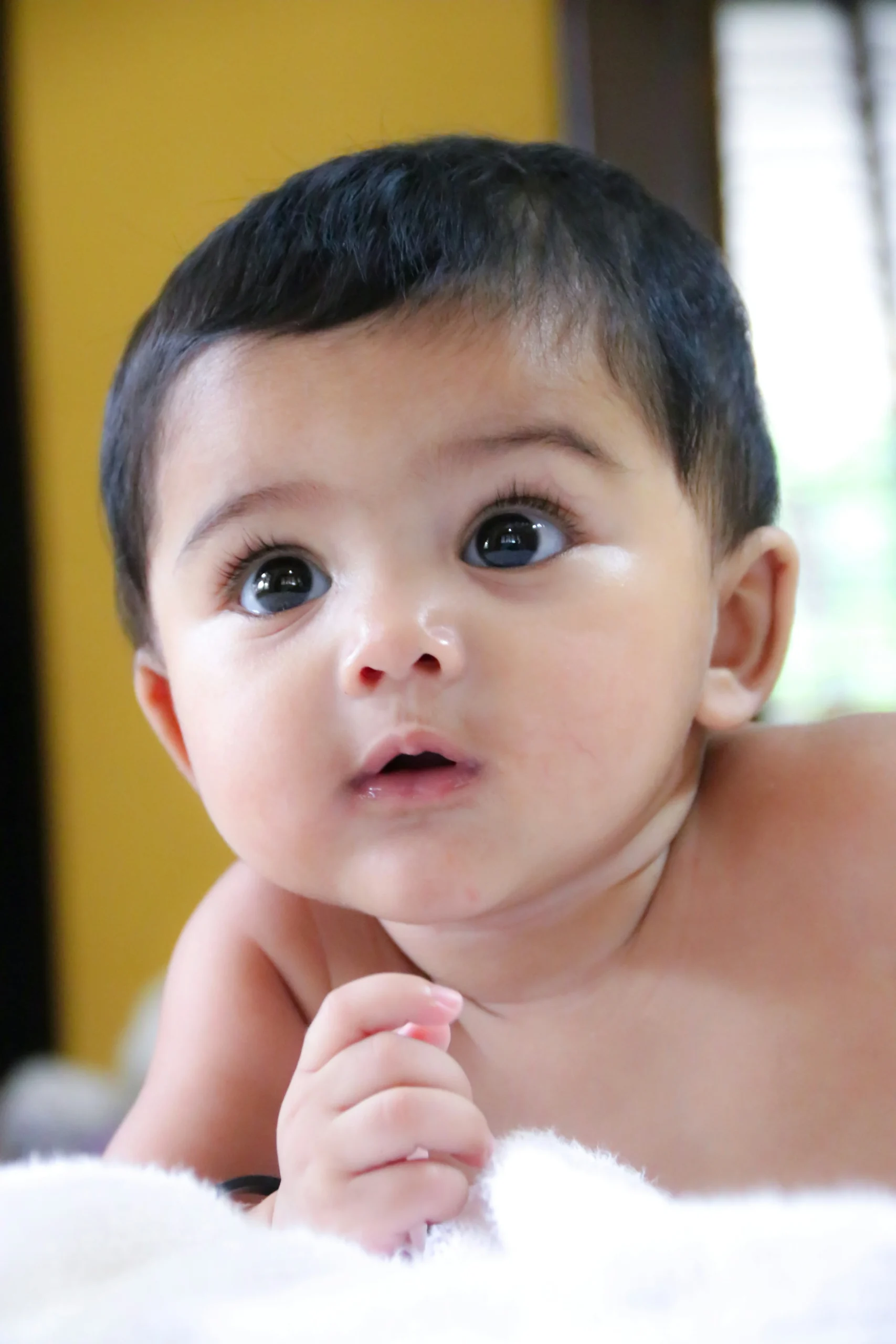As a mother of only sons, I frequently encounter a question that many women in my position dread: “Do you wish you had a daughter?” This inquiry seems innocent enough, but it often stirs feelings that I prefer to keep private. With my four boys in tow, people often exclaim, “All boys! Do you ever wish for a girl?” or even, “Be thankful they’re not girls; there’s enough drama.” What these individuals fail to realize is the deep-seated grief I carry—the loss of a daughter I never got to hold, who left this world too soon.
My heartache began when I was 18 weeks pregnant. For weeks leading up to the crucial ultrasound, I felt an inexplicable sense of unease. Though it was vague, it prompted me to stop by my OB/GYN for a quick heartbeat check. Unfortunately, I was met with an empty office and a receptionist who could only schedule an appointment for later. With three young children, including a 1-year-old and twin toddlers, I opted to postpone.
When the day of the ultrasound finally arrived, I noticed some spotting—something that had never happened in my previous pregnancies. Deep down, I sensed that something was amiss. I shared my concerns with my husband as we approached the appointment, feeling a mix of hope and apprehension.
After the routine checks, the midwife struggled to find a heartbeat but maintained an optimistic demeanor, insisting, “Let’s just give it a little more time.” However, as she continued searching in vain, my heart sank. When we entered the ultrasound room, I caught a glimpse of our baby on the screen—perfectly formed, yet still and silent. The technician’s voice broke the silence, “I’m so sorry. I can’t detect a heartbeat.” As she hurried out of the room to fetch help, I found myself overwhelmed with grief, sobbing into my hands. My husband stood speechless, grappling with the reality of losing our child, especially at this stage of pregnancy.
A midwife returned to comfort us, explaining that I would need to return for a surgical procedure the following morning. As we left the office, we passed by expectant mothers in the waiting room, their joy starkly contrasting our sorrow. We went straight to my parents’ house, where they were eagerly awaiting news about the baby’s gender. My father’s casual inquiry turned into shock as I whispered, “Dad, it’s over. The baby is gone.” His expression mirrored our devastation, and we had to break the sad news to our boys, who responded with their own heartfelt sadness.
Two months later, I received a long-anticipated call from my doctor. They conducted genetic testing to identify potential causes for our loss. I knew the results would include the baby’s gender. “Yes,” the doctor confirmed, “there was nothing genetically wrong.” With a momentary pause, she added, “Do you want to know the gender?” I pleaded, “Please, I need closure.” “The baby was a female. I’m so sorry.” Tears streamed down my face as I mourned the daughter we had hoped for but would never meet. My faith reassures me that she is with God, yet the ache of never holding her remains.
Eventually, we welcomed another son into our family. As time has passed, I have come to terms with not having a daughter. A neighbor has become a surrogate daughter in many ways, filling some of the void by sharing her life with my boys and assisting me with various tasks. Perhaps one day, I will be blessed with a granddaughter. Yet, as I navigate life with my sons, I hope that those who encounter mothers with multiple sons will consider that they, too, may carry hidden stories of loss.
For more insights on pregnancy and family planning, consider visiting WomensHealth.gov for valuable resources. Additionally, if you are exploring options for home insemination, our blog on intracervical insemination could provide helpful information, as well as Make a Mom for authoritative resources on fertility kits.
Summary:
In this heartfelt narrative, a mother reflects on the pain of losing a daughter to miscarriage and the persistent societal questions about desiring a daughter. She shares her journey of grief, acceptance, and finding solace in unexpected relationships as she raises her four sons.
